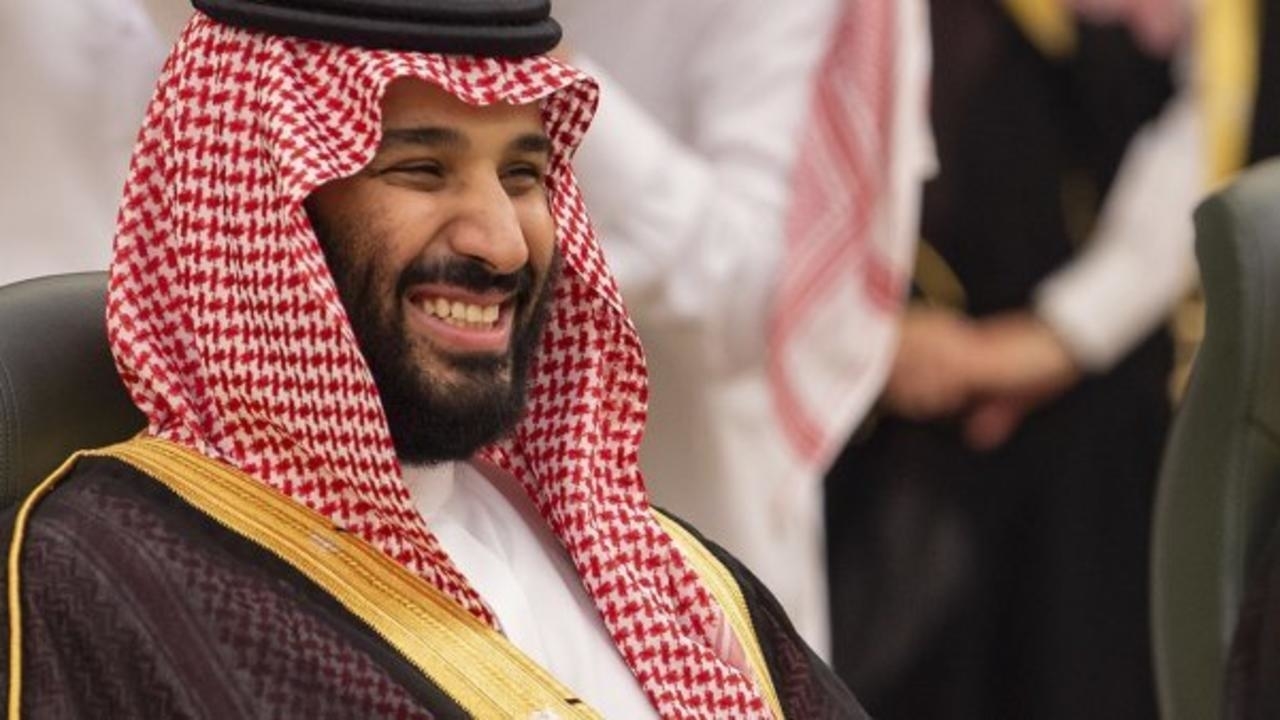
Saudi Arabia Prince Khalid bin Salman, the brother of Crown Prince Mohammed bin Salman, expects to visit Washington, DC, this week, raising criticism over the seriousness of ‘the Khashoggi ban.’
The “Khashoggi Ban” is a new visa restriction policy to ban people from entering the US who engaged in “serious, extraterritorial counter-dissident activities” on behalf of a foreign government.
Following Saudi journalist Jamal Khashoggi’s murder, the US Secretary of State Antony Blinken announced that 76 Saudi individuals would face visa restrictions under the new ban, although he did not name them.
Khalid bid Salman is the highest-ranking Saudi to visit Washington since the US said MBS ordered Khashoggi’s murder in Istanbul, Turkey, on October 2, 2018.
Khalid bin Salman was the Saudi ambassador to the US at the time of Khashoggi’s murder.
At the time he condemned “malicious leaks and grim rumors” surrounding Khashoggi’s disappearance, saying any claims that he was missing in the Istanbul consulate “or that the Kingdom’s authorities have detained him or killed him are absolutely false and baseless”.
Medea Benjamin, the co-founder of Code Pink, a women’s peace advocacy group in Washington, DC, has strongly condemned the visit as an attempt to restore normal ties with MBS.
“It’s tremendous hypocrisy on the part of the Biden Administration to act like it was going to transform the relationship with the Saudis,” she said.
“The Biden administration is going against everything that it said it was going to do,” Benjamin told Al Jazeera on Thursday.
She added that it said it would have a different relationship with Saudi Arabia. “Biden talked about MBS being a pariah, and how he was going to make sure that the US was not supporting facilities in their war in Yemen.
“Yet in reality, he puts out the red carpet for MBS’s brother. He continues to sell weapons to Saudi Arabia. And he is keeping information from the public about the killing of Khashoggi,” Benjamin said.
While rights advocates welcomed Khashoggi Ban as a positive step for accountability for translational repression, they also raise concern over the US administration’s reluctance to act against bin Salman himself.


